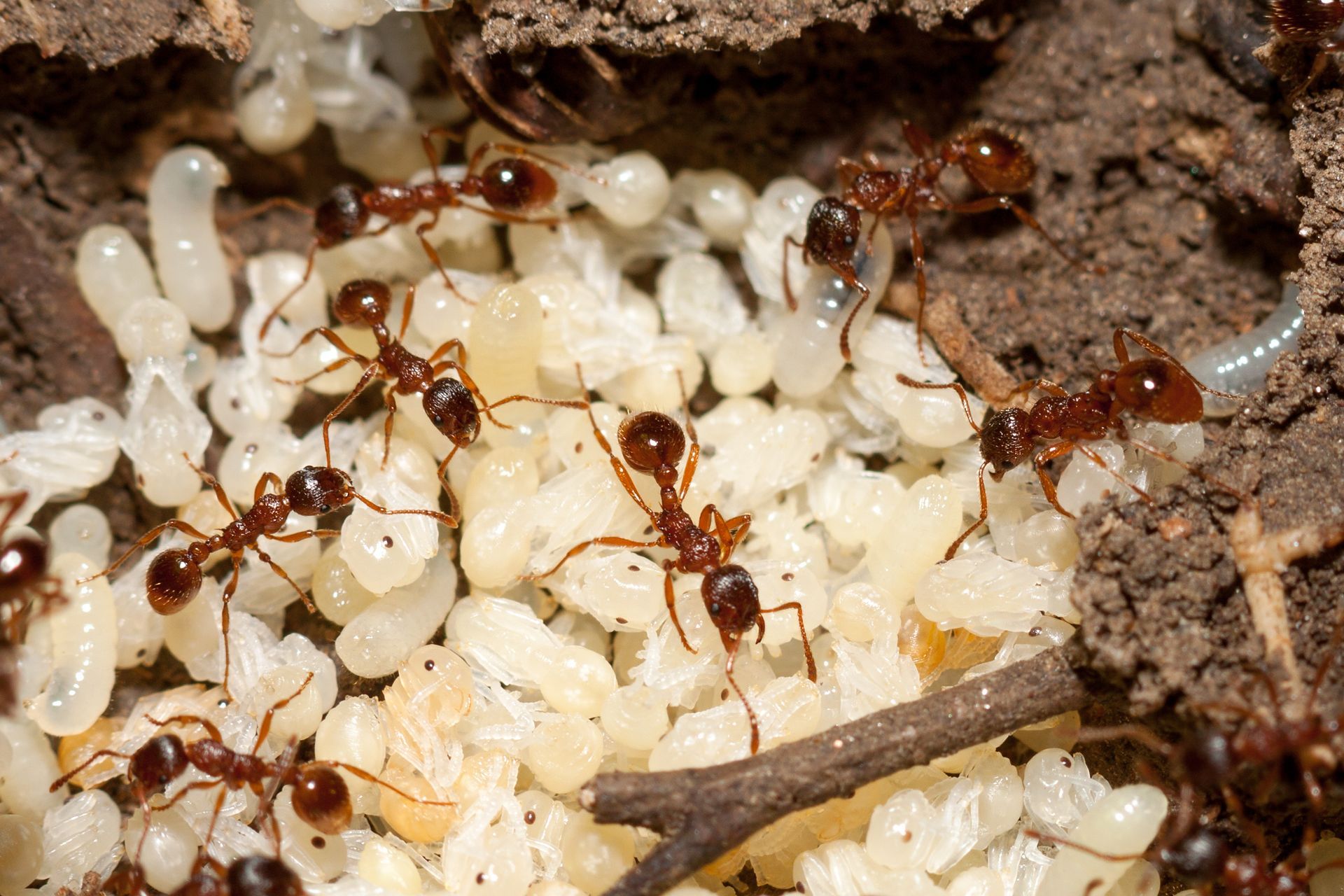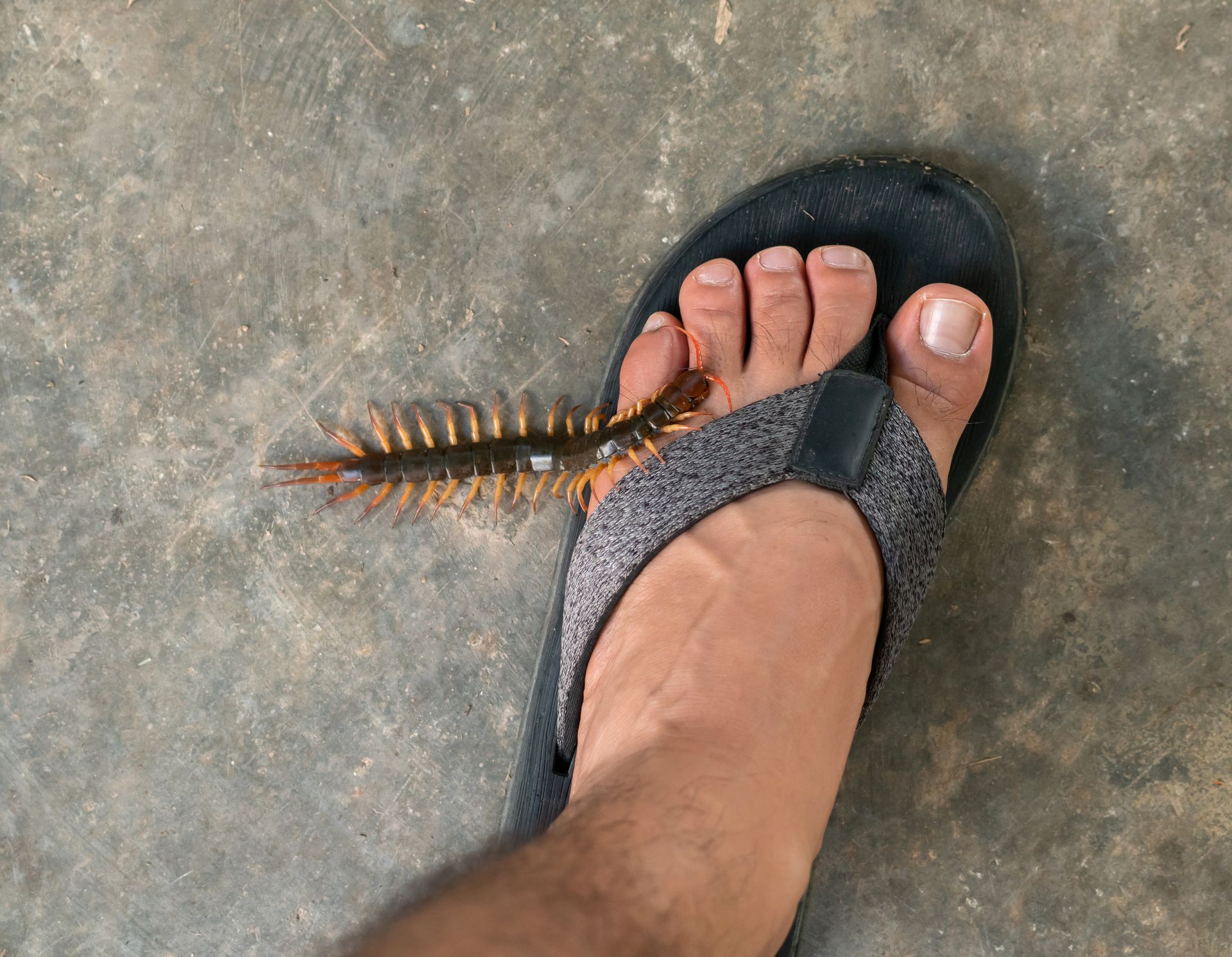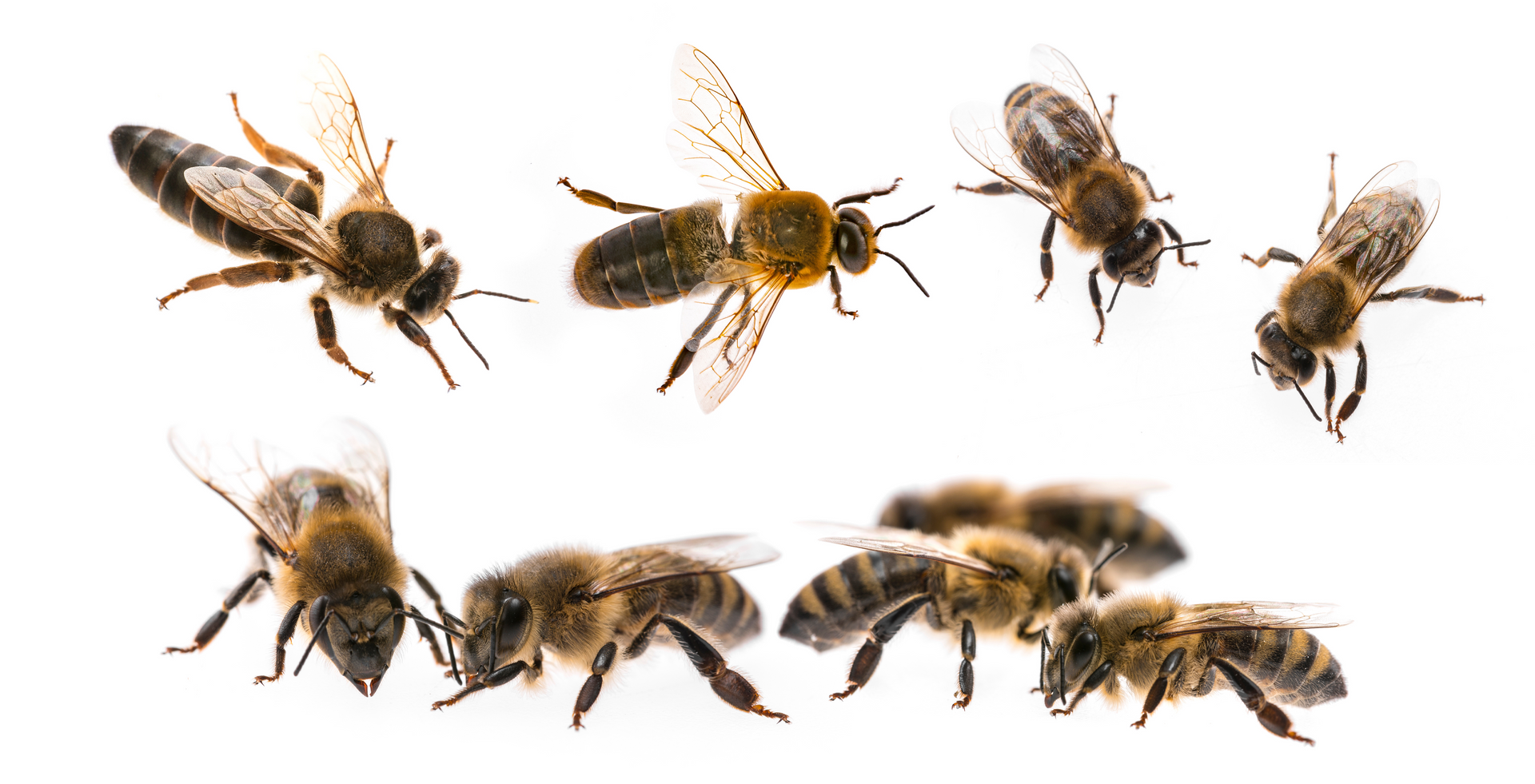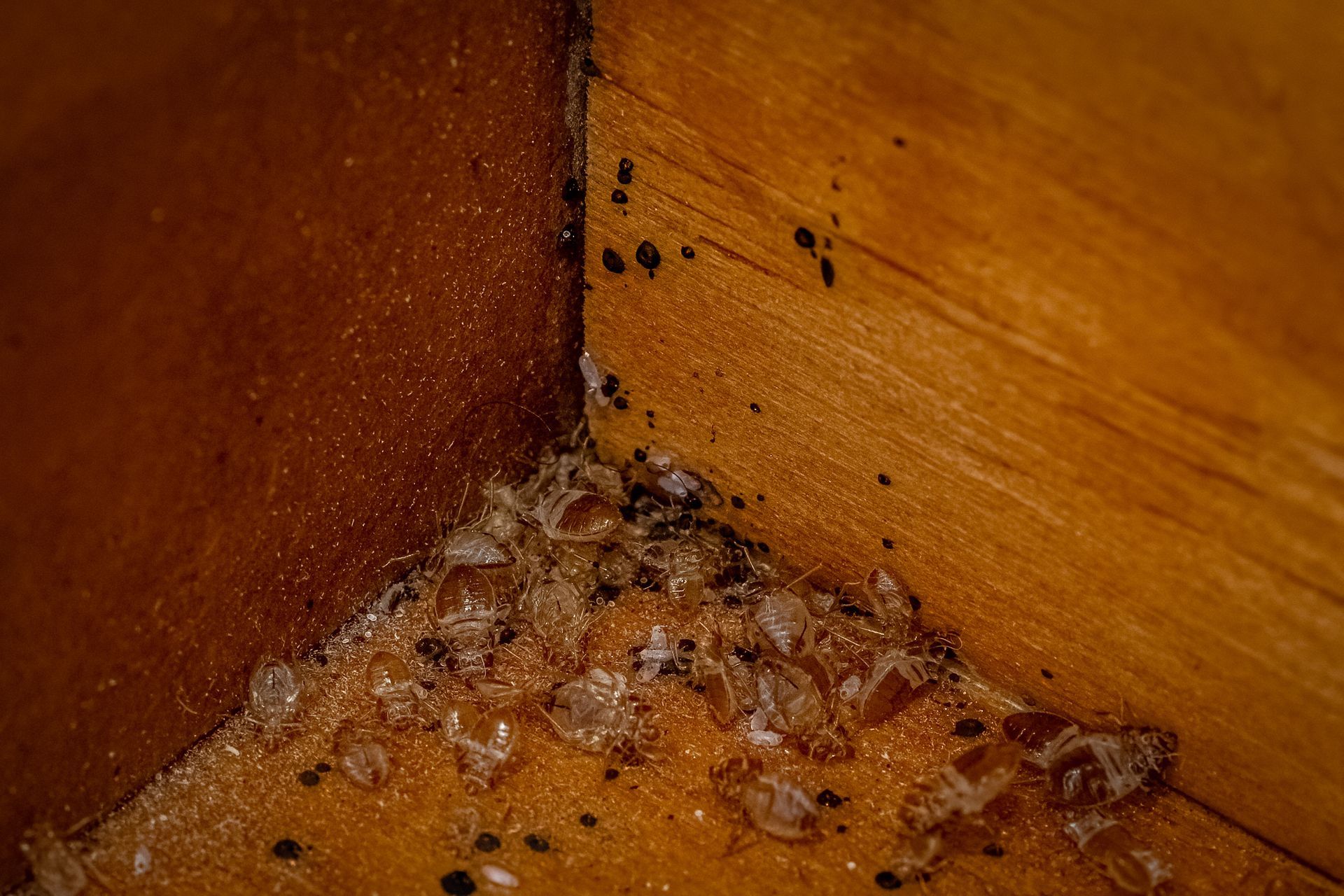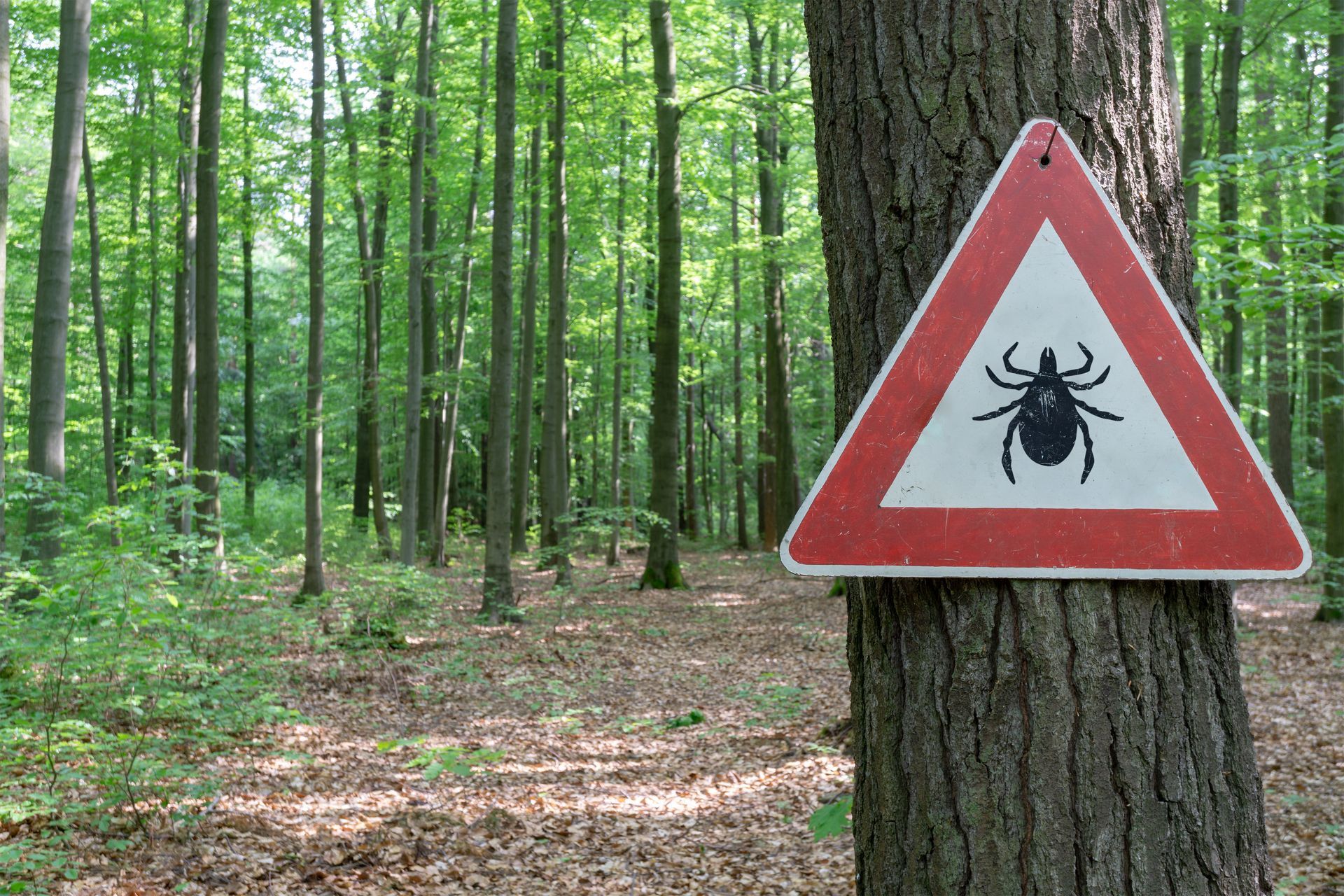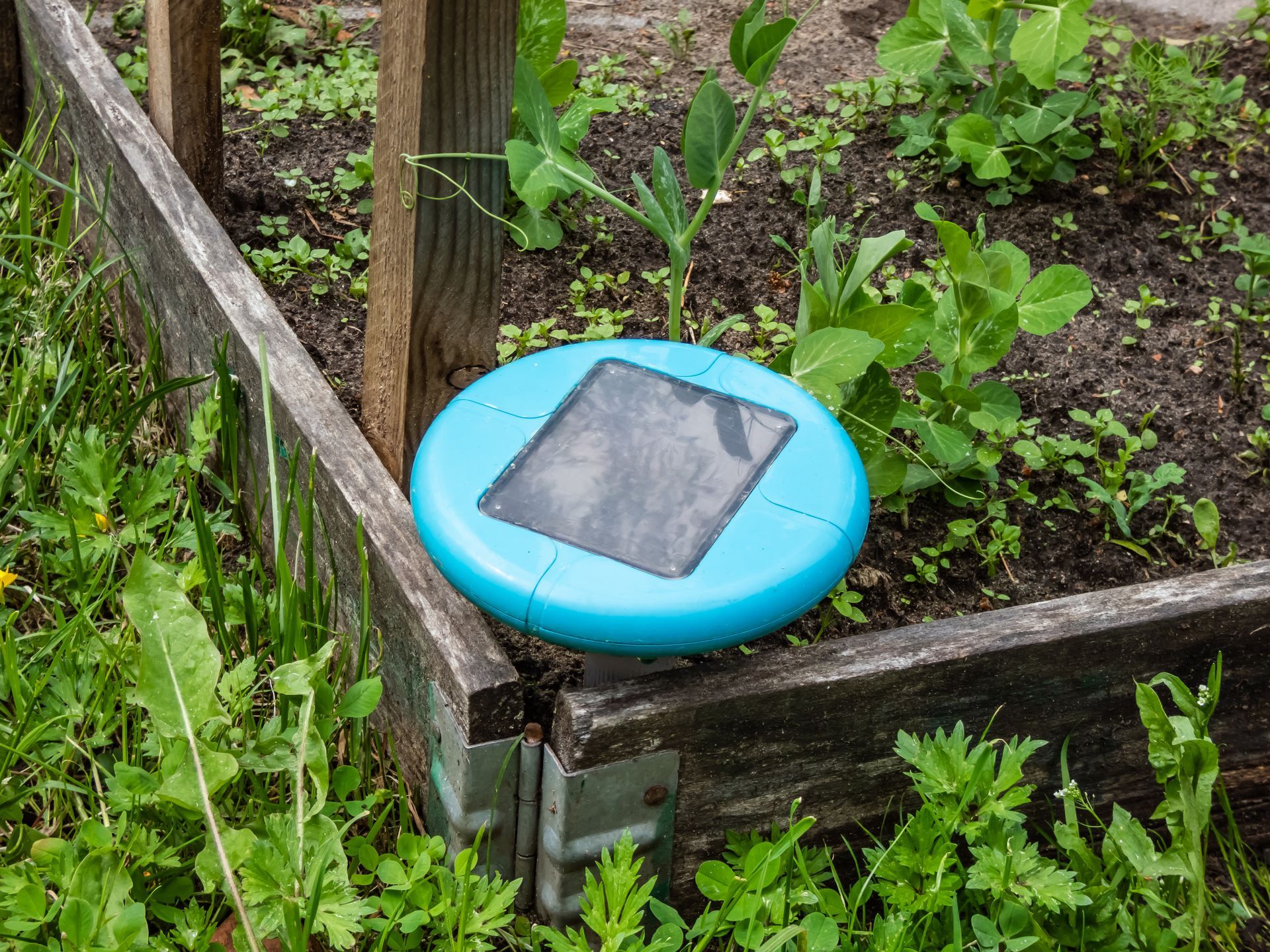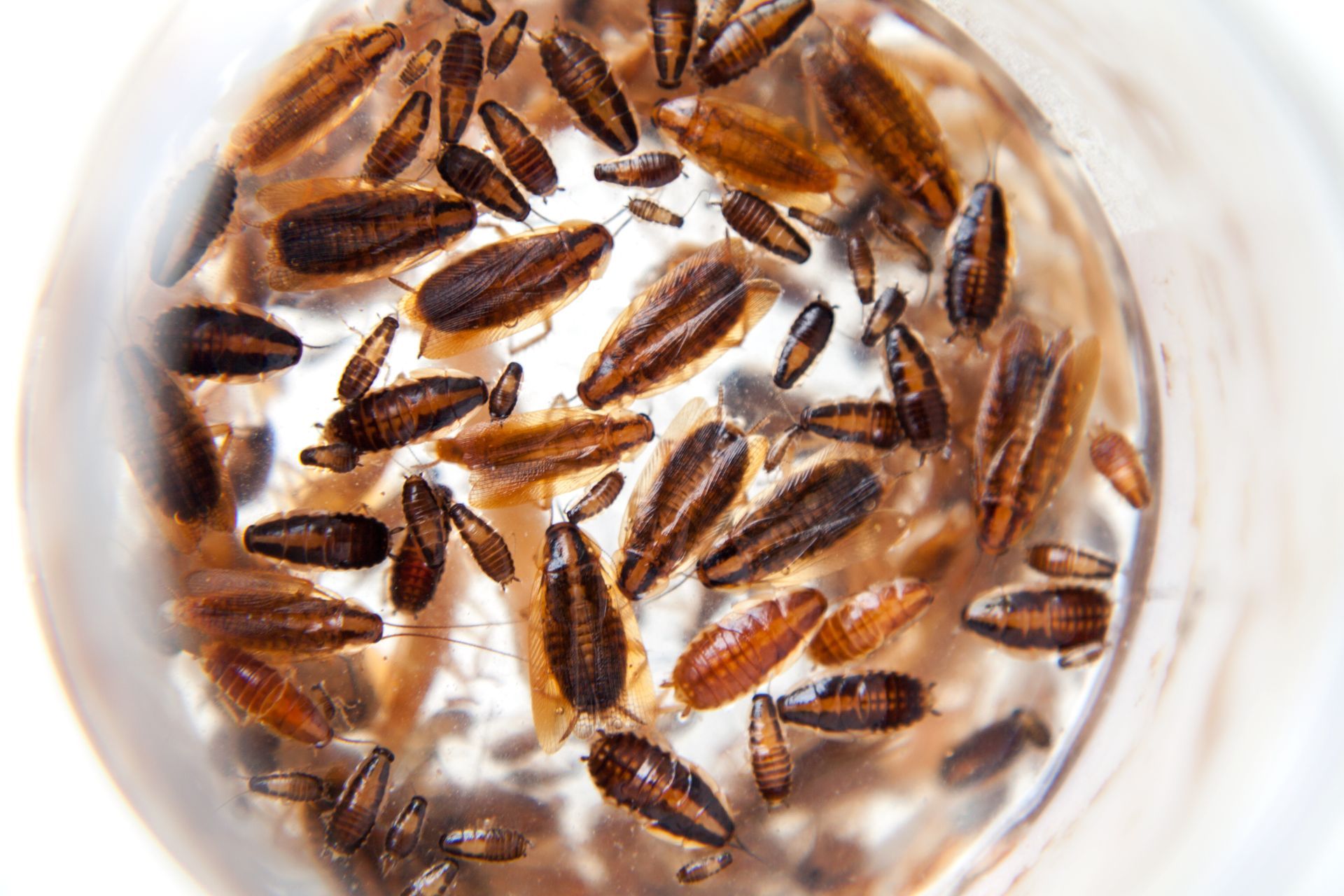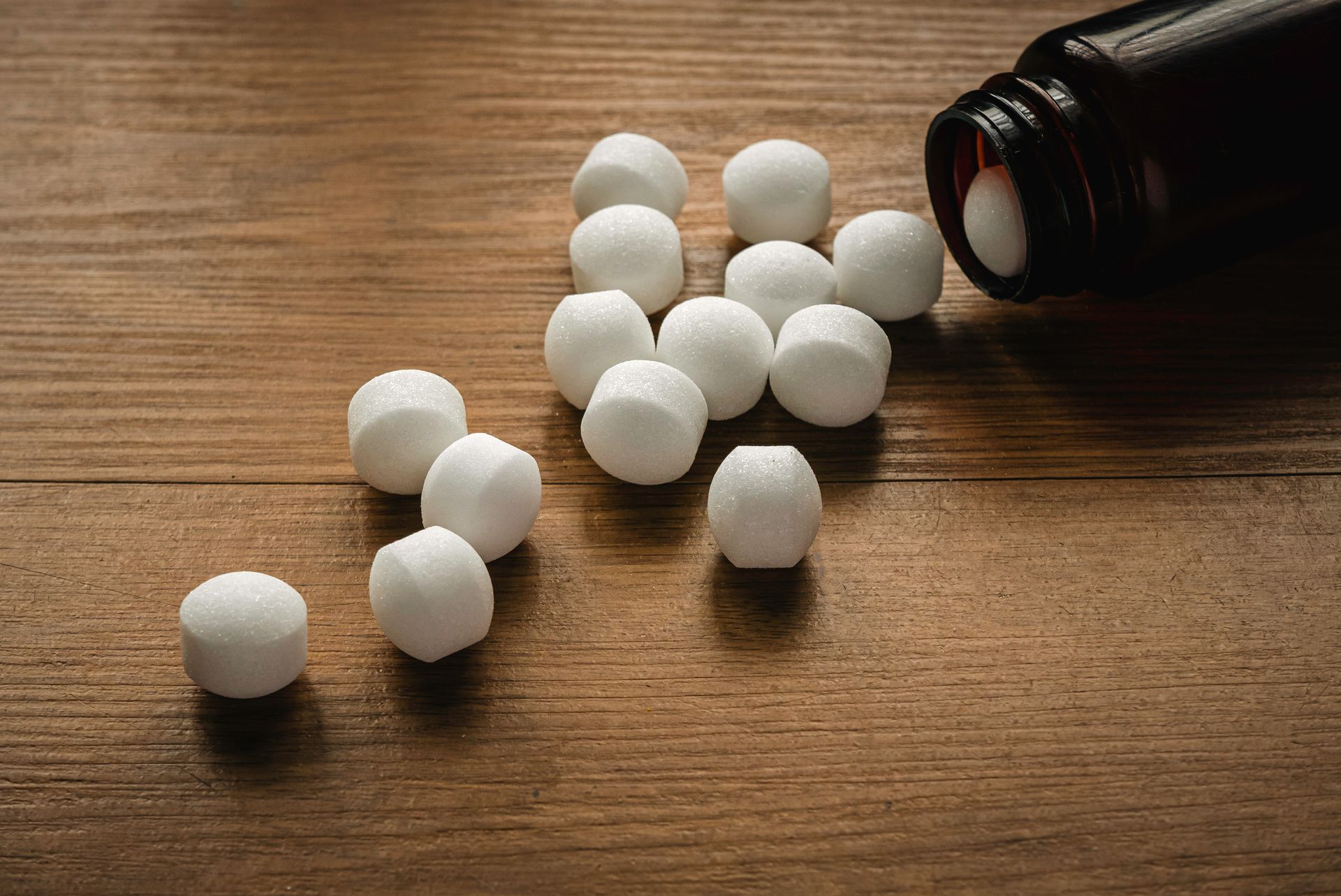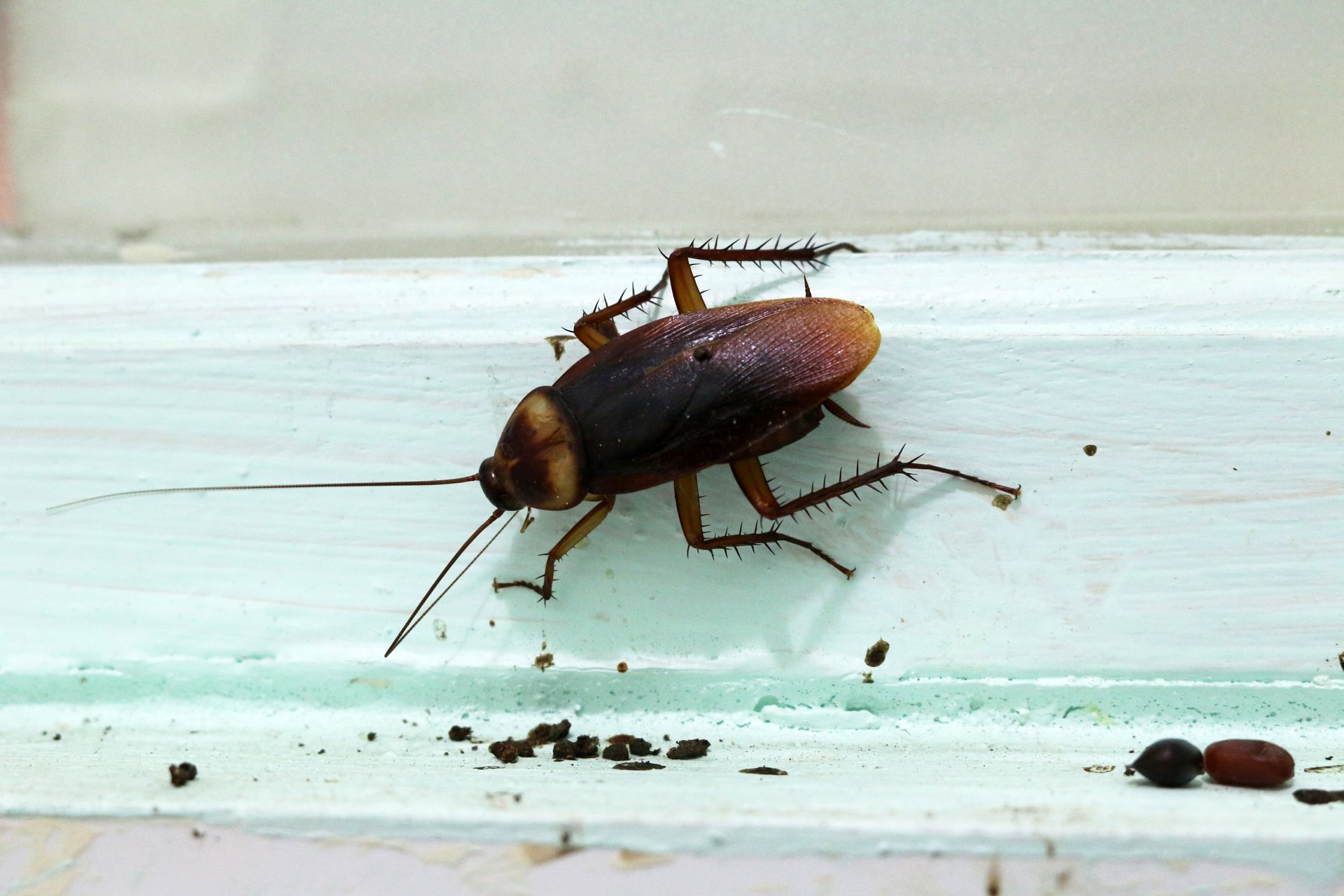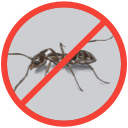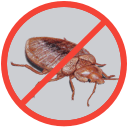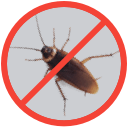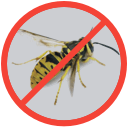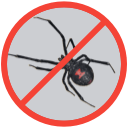How Long Does Termite Treatment Last?
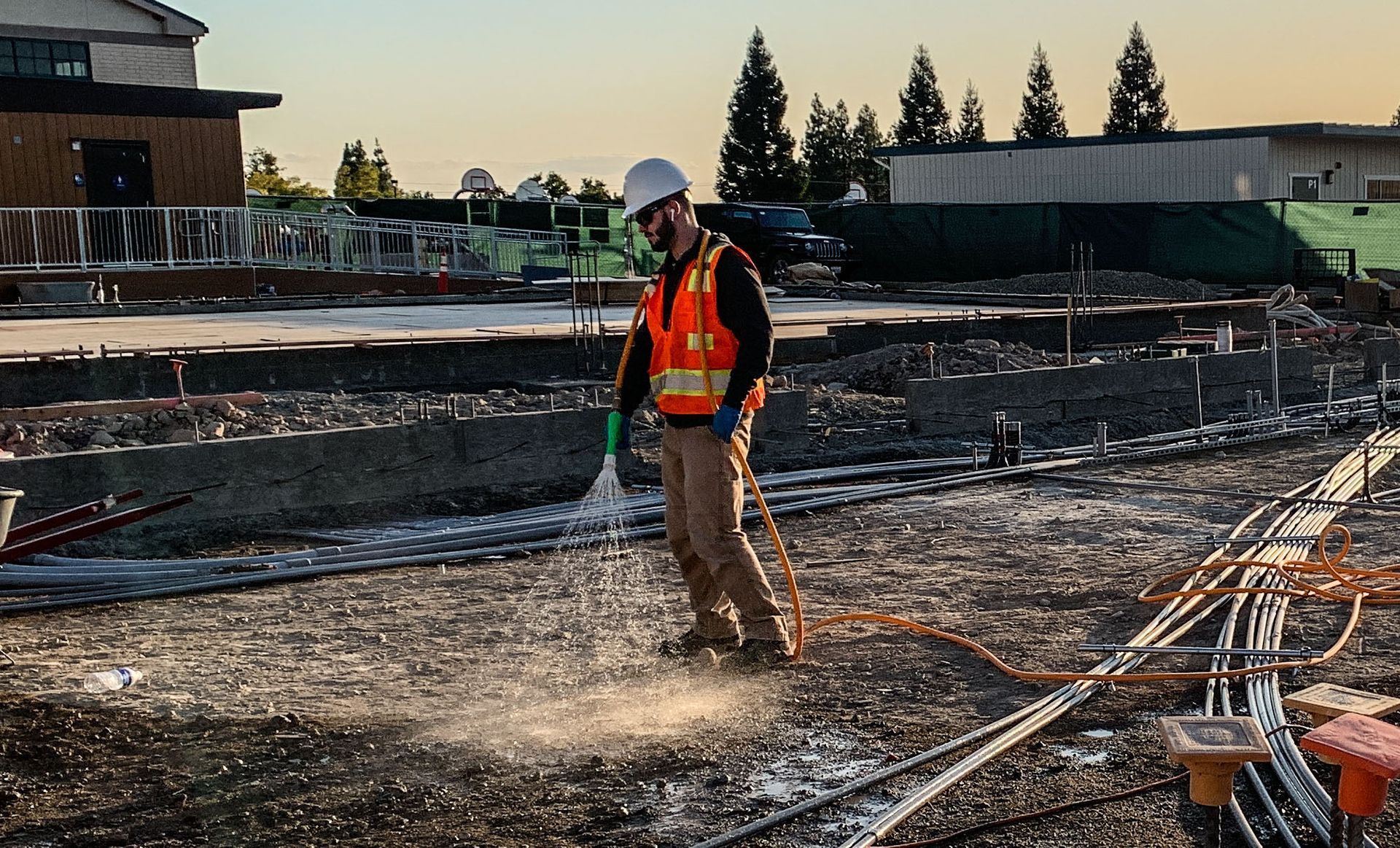
With all of the different treatment options available for termite infestations, it is good to know which ones are effective and how long the effectiveness lasts. It can be extremely problematic if an expensive treatment is only effective for a short period of time because termites can reinfest quickly and continue to cause massive amounts of structural damages to a building.
Termite treatments are expected to last a long time, typically 1-5 years. The longest effective treatment options are said to last up to 7-10 years. The primary differentiator between how long a termite treatment can last is determined by the type of treatment selected.
Types of Termite Treatments
- Termite baits are filled with cellulose that have been treated with a termiticide. These baits are used to kill termites and their entire colonies by acting as a food source. This allows them to return to the colony with this bait to infect others within the colony. As more of the colony is infected, the colony eventually collapses. Termite baits are usually effective at destroying a termite colony within a matter of months and will continue to prevent a new colony from developing for approximately one year. Annual inspection of the bait is recommended to ensure that they are replaced or refilled to stay effective.
- Using a liquid termite treatment involves saturating the soil around a property/building with termiticides to prevent subterranean termites from reaching a structure. When subterranean termites come into contact with the soil that has been treated, they become infected and die within a short period of time. These applications are said to stay within the soil and be effective for an average of up to 5 years as long as the soil barrier is not disrupted.
- Using borate products is another method of a termite treatment. There are a wide variety of different borax products available from gels, granules, plugs, wood treatments, and sprays. Most of these treatment options are only effective between 10–21 days and need to be replenished regularly until signs of termite activity disappear. Borax wood treatment, on the other hand, remains effective for 2–5 years depending on how exposed the wood is to the elements. By using a sealant after saturating exposed wood with a borax wood treatment, you can extend how long this treatment stays effective.
- Termite fumigation is said to be the most effective method of treating large termite infestations, but it is also the most expensive and time consuming. This usually requires a structure to be tented and sealed off from its inhabitants for several days while the property/building is treated. The long-term impacts that fumigation has on termite populations can last between 4–10 years as the fumigants are able to penetrate and permeate everywhere termites might be. The fumigant reaches deep inside wall cavities and inside wooden structures.
- Heat treatment is another option that requires tenting and is as cumbersome as fumigation without the chemicals. This process uses heat as a weapon against termites by raising internal temperatures above the termites’ heat threshold. This method does not introduce any kind of long-lasting treatment option which could allow termites to return or reinfest if not completely exterminated.
Advantages of Termidor
Newer termiticides like Termidor are emerging as the top-of-the-line termite defenses and studies have shown effectiveness can last up to 15 years. This method of treatment offers both soil saturation and wood treatment which are extremely effective methods of combating termites. The soil treatment can act as a deterrent to prevent a termite infestation as it stops subterranean termites dead in their tracks.
It can also be used to prevent future termites by treating wood before it has been infested. Even if termites have started infesting a property/building, Termidor products can be used to treat infested wood to kill off an existing termite population. The advantages that Termidor provide include:
- Extreme effectiveness with minimal maintenance: Termidor products can last for up to 15 years, but it is recommended that treatments are applied every 10 years to be safe.
- Retreat rate: Termidor products claim that retreating needs to be done only on 2% of previously treated areas.
- Invisible & odorless: Unlike other treatment options that leave baiting stations, require tenting or heavy fumigants, Termidor is both odorless and does not require any kind of invasive application methods.
- Cost: In comparison to all other treatment options that are expensive, Termidor usually runs much cheaper due to how easy it is to implement.
- Ease of implementation: Other treatments require heavy preparation, maintenance, or monitoring which are all unnecessary with Termidor application.
What Factors Affect How Long Termite Treatments Last?
The effectiveness of treatments is usually an estimate given that there are several variables that impact how long a treatment stays effective. The following can all impact how long termite treatments last:
- Species of termites: The primary types of termites that most North American homes need to be concerned about are subterranean termites and drywood termites. Subterranean termites can effectively be prevented after their populations are brought under control using soil drench methods of treatment. Drywood termites, on the other hand can be reintroduced by contaminated wooden furniture, poorly maintained tree branches, stacked wood piles, and a variety of other ways.
- Severity of infestation: No matter how effective a treatment option is, depending on the severity of the infestation, there is always the chance that the termites can return.
What Can a Homeowner Do to Extend the Efficiency of Their Termite Treatment?
Treatments alone are not all it takes to ensure that termites are kept under control. Homeowners can help minimize the potential of infestation or reinfestation by continuing to monitor for termites. The following are all ways to reduce the likelihood of termite activity:
- Remove sources of water: Like all living creatures, termites also require a source of moisture to stay hydrated. Termites are drawn to and thrive in areas that are moist or damp. Eliminating leaks, standing water, and any other problematic areas that stay wet will help reduce the potential for termites.
- Remove sources of food: In addition to the wooden structures in a building there are other places that termites can infest which can eventually lead them into your property. By keeping firewood, tree branches, and lumber away from your property/building, there is less of a chance that termites can jump the gap to infest your structure. It also helps to remove dead tree stumps and any other sources of rotting wood from your property.
- Ongoing monitoring: If there are any points of connection between a building and another wooden structure such as fences, patios, decks and/or sheds, it is important to check these areas for termite activity. Even after treatment has been applied, it is a good practice to monitor for emerging signs of termite activity to ensure there is no reinfestation.
The Importance of Inspection & Retreatment
If signs of a reinfestation have been identified, immediate retreatment is necessary to stop the termite problem as soon as it is discovered. This could happen shortly after the initial treatment or several years after. It is critical to always be vigilant against termite activity so individuals can prevent further wood damage from happening.
Contact EcoGuard Pest Management With Termite Treatment Questions
If you have additional questions about termite treatment options please contact us today. Our termite treatment experts will help you identify which type of termite you have and the best treatment option for your property. EcoGuard offers everything from spot treatments to fumigation.


